Yes, the Buddha repeatedly recommended that each of us contemplate our own aging, illness and death. But what gap do you feel between an abstract contemplation and the actuality of this fragile and limited life? With death rolling in like a mountain, quickly and from all sides, do you feel any samvega, or sense of spiritual urgency? Finally, are you alone in all of this? Could you truly and effectively engage this path, this fragile life, alone? And if you are engaging with others—which is taking refuge in the sangha, ordained and lay—does your spiritual urgency support the blossoming of love as an integral part of wisdom?
For a powerful reflection on aging, illness and death, Greg suggests you might read the Pabbatopama Sutta: The Simile of the Mountains. It can be found at http://www.accesstoinsight.org/tipitaka/sn/sn03/sn03.025.than.html

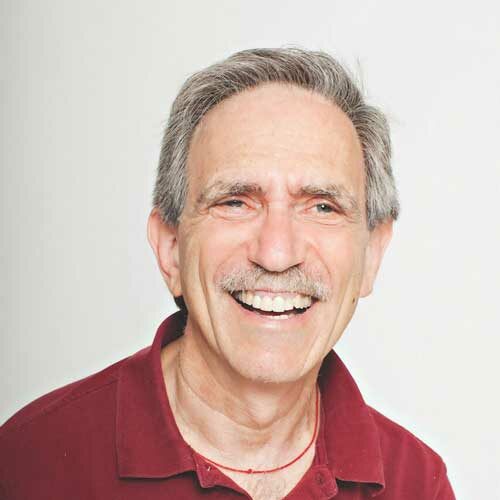

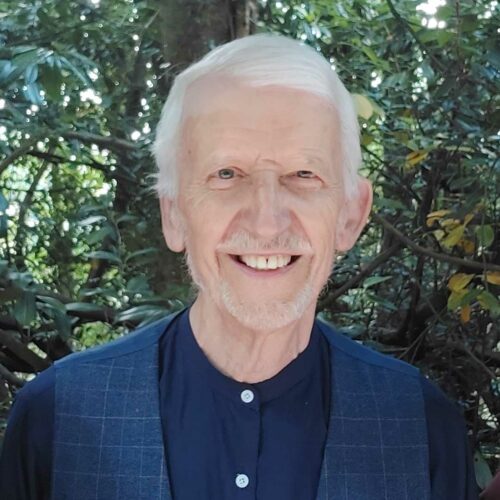
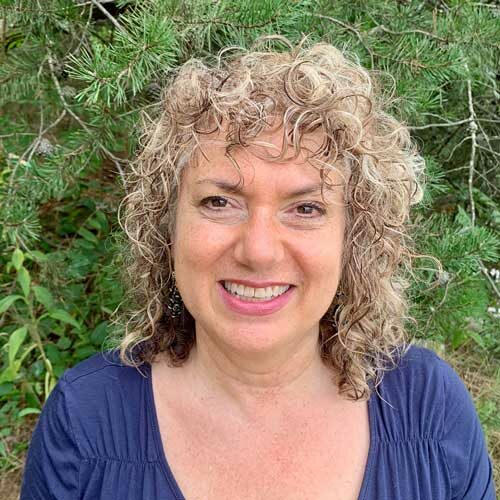
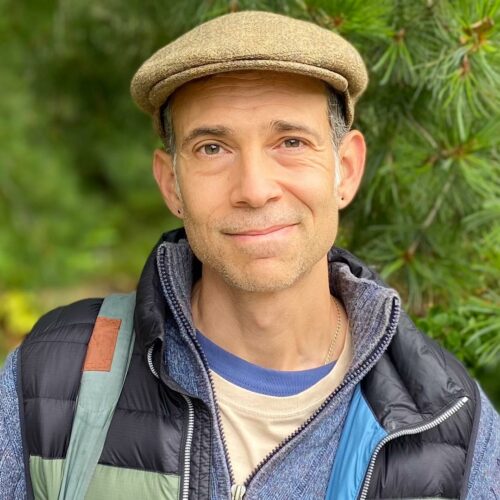
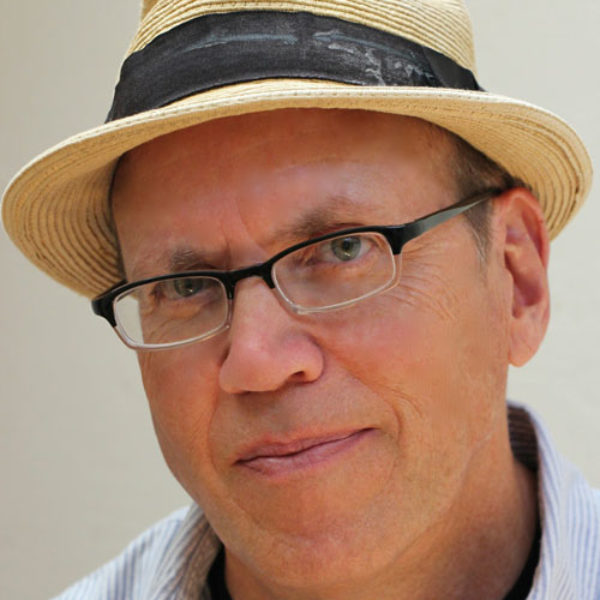

Discussion